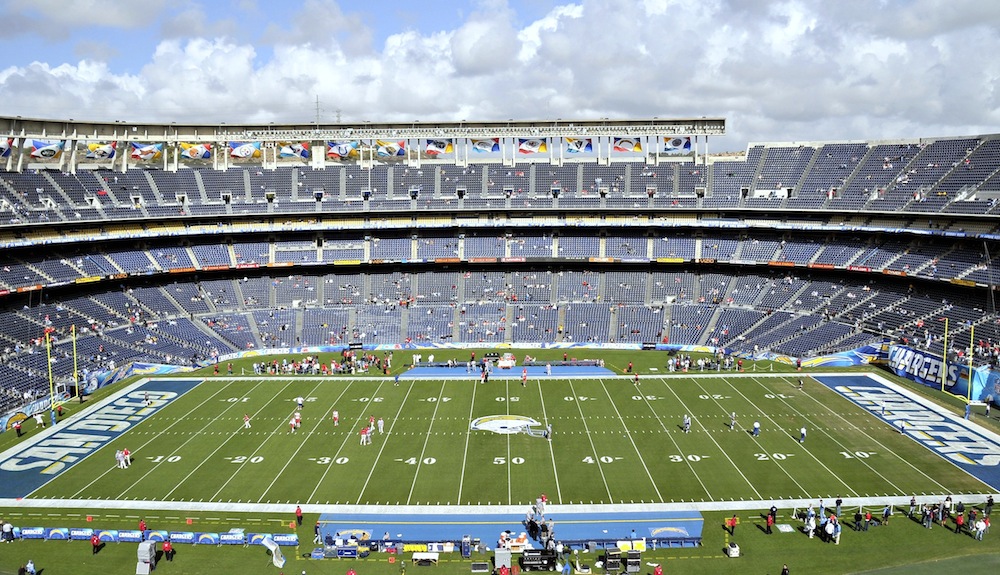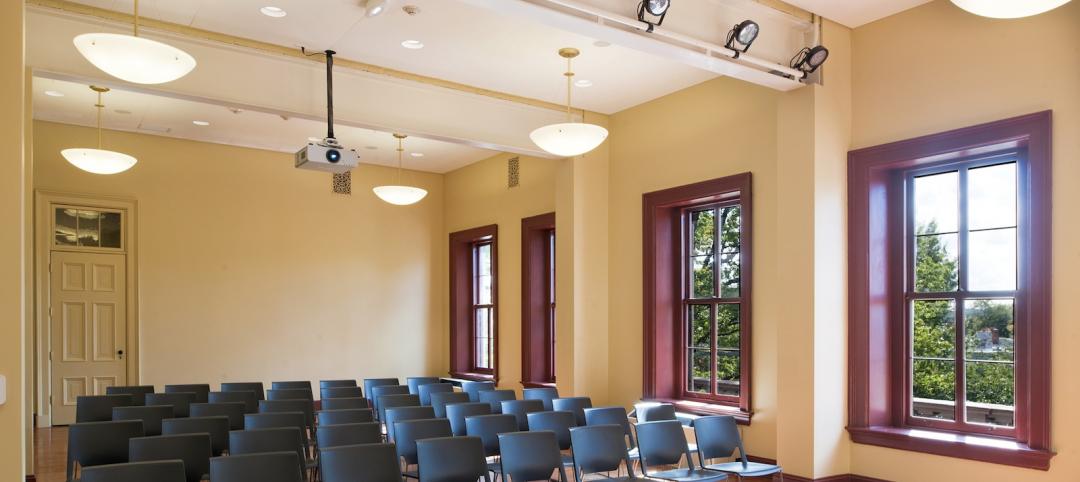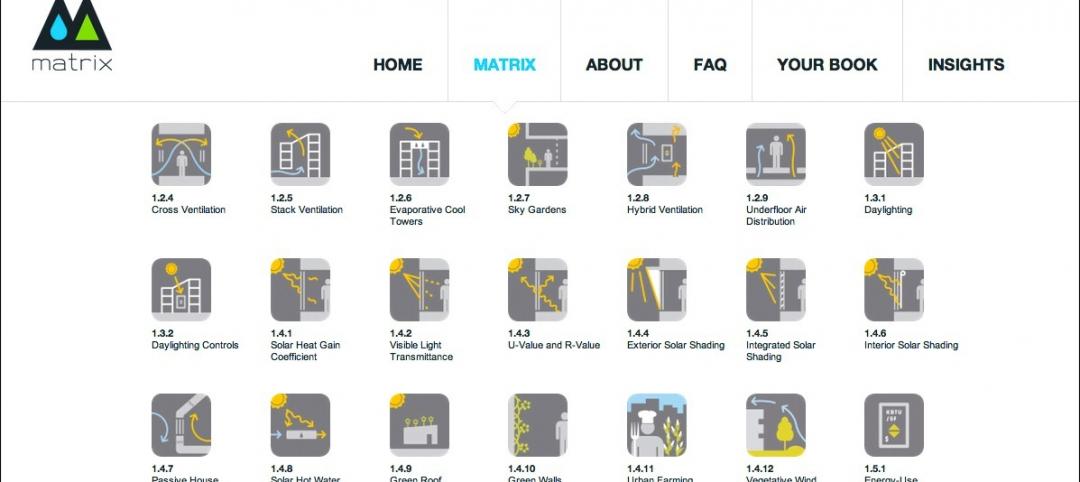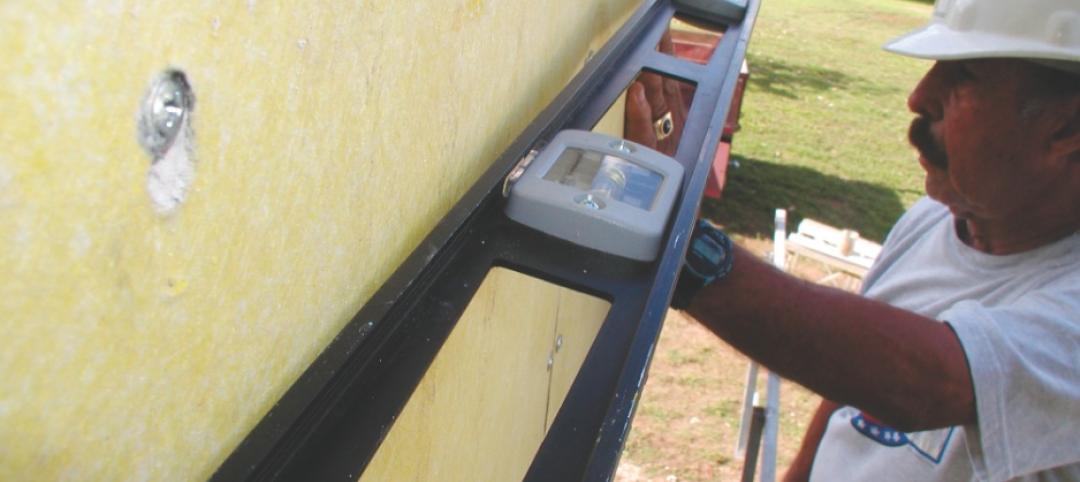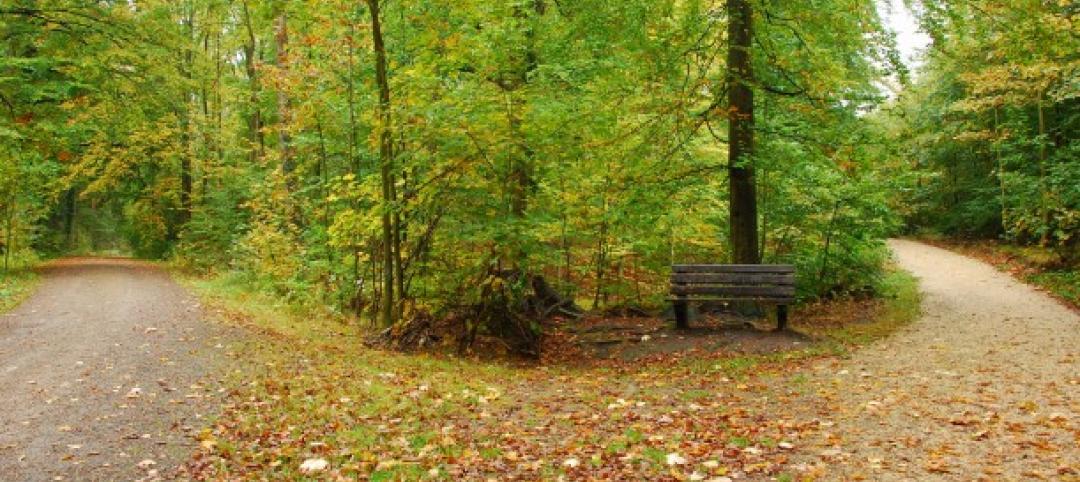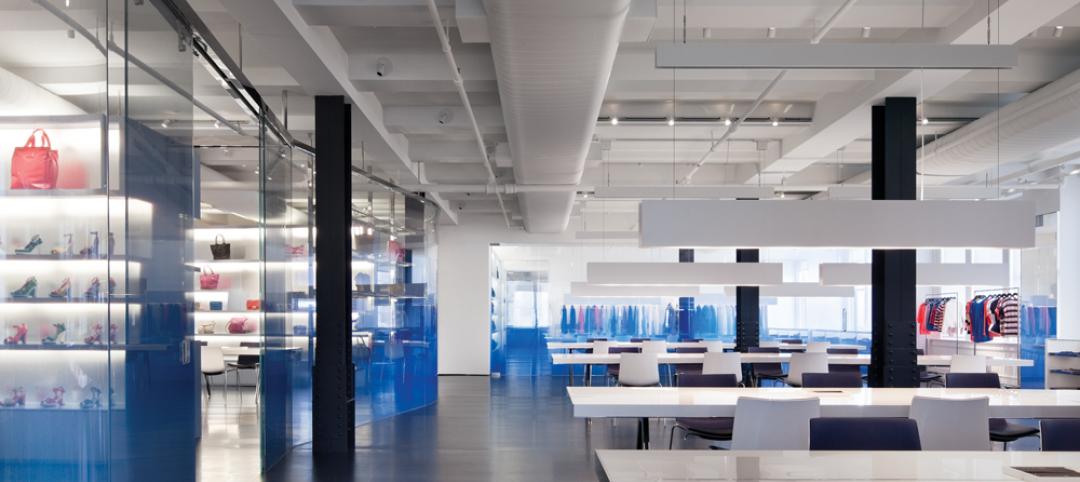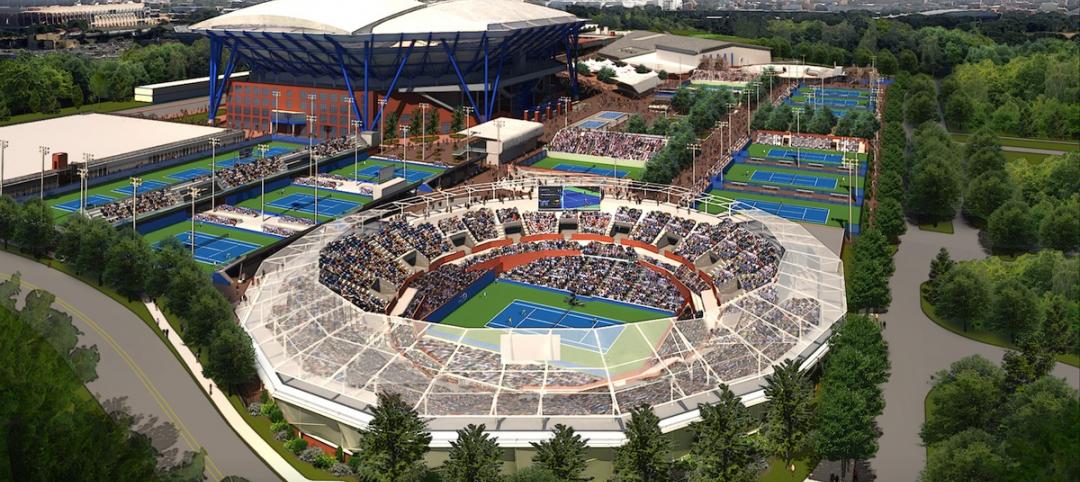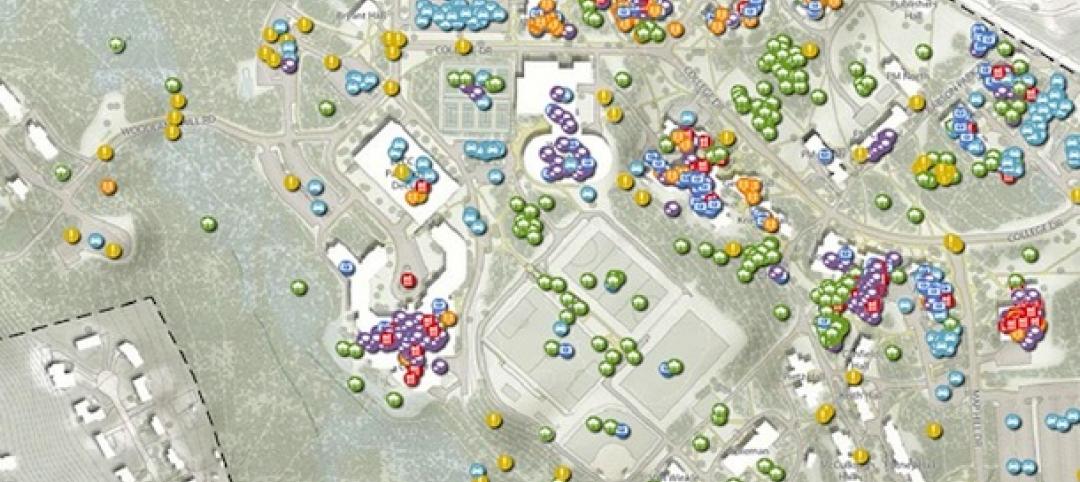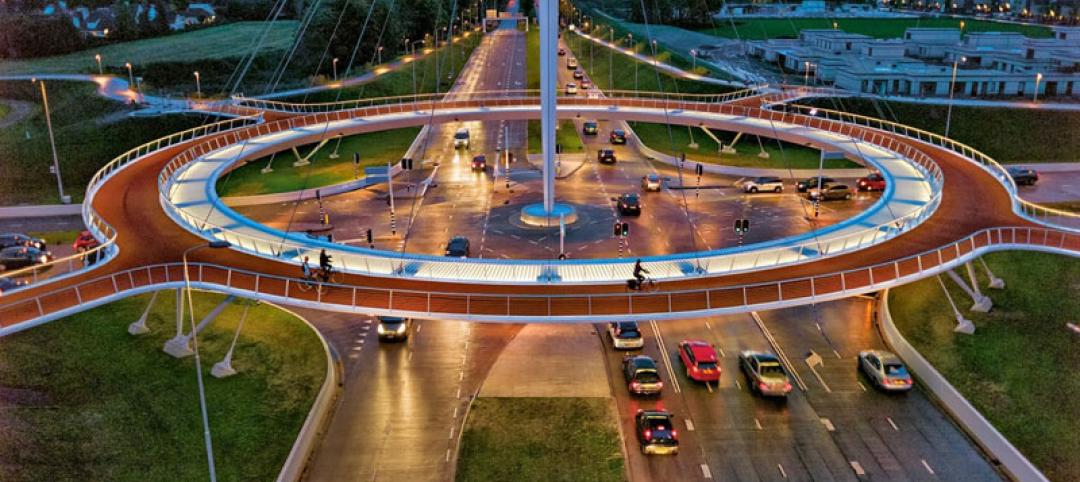The San Diego Chargers released a 110-page report regarding details of a $1.8 billion plan for a new football stadium and convention center in downtown San Diego.
The stadium and convention center will be funded by a 4% tax increase on hotel stays. The San Diego Union-Tribune reports that the proposed hotel tax rate, 16.5%, will be one of the country’s highest.
But the rate will spare taxpayers of a large financial burden. Funding will come from the hotel tax increase and $650 million from the Chargers and the NFL.
The Chargers will sign a 30-year lease and a non-relocation agreement, and they will be responsible for any construction cost overruns and future stadium improvements.
The new report is the first step toward gaining 70,000 signatures by June so that the plan can be included on California ballots this November.
A final architectural plan has not been determined. Options include building the convention center either underneath or next to the stadium. Dubbed the "convadium," it will be built near Petco Park, where the San Diego Padres of MLB play.
Qualcomm Stadium, the Chargers' current 70,000-seat home, was built in 1967 and is the NFL’s fifth-oldest stadium. The team desires a new home, either in San Diego or elsewhere.
Los Angeles has been a possibility for the last several years. This winter, the NFL approved the St. Louis Rams’ proposal for a new $3 billion stadium in Inglewood (just outside of L.A.), and the league rejected a joint stadium venture in the city for the Chargers and Oakland Raiders. The Chargers have a year to decide whether they want to move to Los Angeles and share a stadium with the Rams.
Related Stories
| Apr 2, 2014
8 tips for avoiding thermal bridges in window applications
Aligning thermal breaks and applying air barriers are among the top design and installation tricks recommended by building enclosure experts.
| Mar 26, 2014
Callison launches sustainable design tool with 84 proven strategies
Hybrid ventilation, nighttime cooling, and fuel cell technology are among the dozens of sustainable design techniques profiled by Callison on its new website, Matrix.Callison.com.
| Mar 25, 2014
Sydney breaks ground on its version of the High Line elevated park [slideshow]
The 500-meter-long park will feature bike paths, study pods, and outdoor workspaces.
| Mar 20, 2014
Common EIFS failures, and how to prevent them
Poor workmanship, impact damage, building movement, and incompatible or unsound substrate are among the major culprits of EIFS problems.
| Mar 13, 2014
Do you really 'always turn right'?
The first visitor center we designed was the Ernest F. Coe Visitor Center for the Everglades National Park in 1993. I remember it well for a variety of reasons, not the least of which was the ongoing dialogue we had with our retail consultant. He insisted that the gift shop be located on the right as one exited the visitor center because people “always turn right.”
| Mar 12, 2014
14 new ideas for doors and door hardware
From a high-tech classroom lockdown system to an impact-resistant wide-stile door line, BD+C editors present a collection of door and door hardware innovations.
| Feb 26, 2014
Billie Jean King National Tennis Center serving up three-phase expansion
The project includes the construction of two new stadiums and a retractable roof over the existing Arthur Ashe Stadium.
| Feb 14, 2014
First look: Kentucky's Rupp Arena to get re-clad as part of $310M makeover
Rupp Arena will get a 40-foot high glass façade and a new concourse, but will retain many of its iconic design elements.
| Feb 14, 2014
Crowdsourced Placemaking: How people will help shape architecture
The rise of mobile devices and social media, coupled with the use of advanced survey tools and interactive mapping apps, has created a powerful conduit through which Building Teams can capture real-time data on the public. For the first time, the masses can have a real say in how the built environment around them is formed—that is, if Building Teams are willing to listen.
| Feb 11, 2014
World's first suspended bicycle roundabout [slideshow]
Located in the Netherlands, the project was designed to promote a healthier lifestyle.


